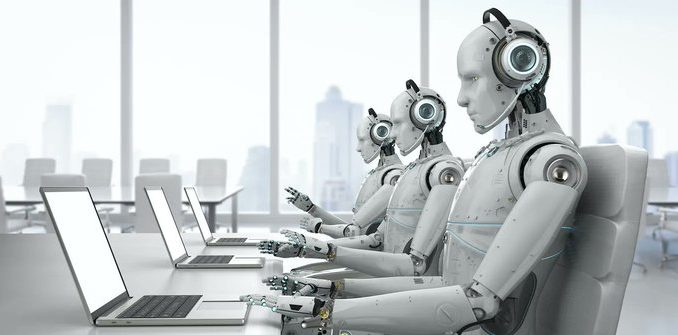
From steam power and electricity to computers and the internet, technological advancements have always disrupted labor markets, pushing out some jobs while creating others. Artificial intelligence remains something of a misnomer – the smartest computer systems still don’t actually know anything – but the technology has reached an inflection point where it’s poised to affect new classes of jobs: artists and knowledge workers.
Specifically, the emergence of large language models – AI systems that are trained on vast amounts of text – means computers can now produce human-sounding written language and convert descriptive phrases into realistic images. The Conversation asked five artificial intelligence researchers to discuss how large language models are likely to affect artists and knowledge workers. And, as our experts noted, the technology is far from perfect, which raises a host of issues – from misinformation to plagiarism – that affect human workers.
To jump ahead to each response, here’s a list of each:
Creativity for all – but loss of skills?
Potential inaccuracies, biases and plagiarism
With humans surpassed, niche and ‘handmade’ jobs will remain
Old jobs will go, new jobs will emerge
Leaps in technology lead to new skills
Creativity for all – but loss of skills?
Lynne Parker, Associate Vice Chancellor, University of Tennessee
Large language models are making creativity and knowledge work accessible to all. Everyone with an internet connection can now use tools like ChatGPT or DALL-E 2 to express themselves and make sense of huge stores of information by, for example, producing text summaries.
